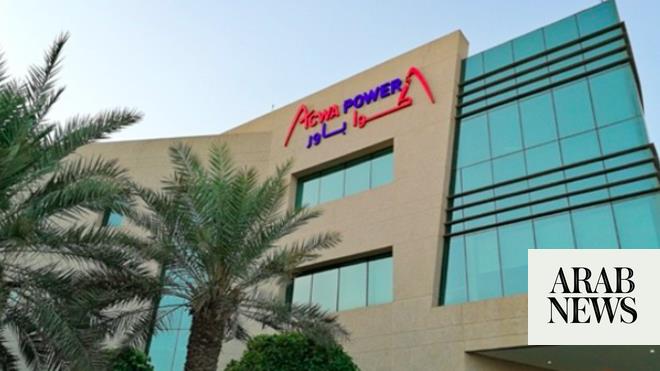
EasyJet has secured a £600m loan from the Treasury and Bank of England’s emergency coronavirus fund, as the airline’s founder and biggest shareholder, Sir Stelios Haji-Ioannou, claimed it would run out of cash by the year end regardless.
The airline said it would also borrow another $500m (£407m) from commercial creditors to ensure its liquidity, with its fleet grounded for at least April and May due to the pandemic.
The announcement came as Haji-Ioannou, who with his family owns just over a third of easyJet shares, demanded an emergency general meeting and called for the sacking of two directors.
The Cypriot tycoon relaunched his attack on the airline’s management and its order for 107 “useless” planes from Airbus, saying his “main objective is to terminate the £4.5bn Airbus contract”.
In a statement issued before confirmation of easyJet’s government loan, Haji-Ioannou had claimed that even remaining solvent until August – based on financial analysis that assumed flying would be quickly embraced again by holidaymakers this summer – could prove “wildly optimistic”.
When international travel eventually restarts, he said, the airline would “feel more like a startup trying to find a few profitable routes for a few aircraft”.
After news of the new financing, a spokesman for Haji-Iannaou said that it did not change the underlying situation, without cancellation of the Airbus order: “Given the current cash burn – that probably pushes the insolvency boundary back from August to late-autumn, early winter.”
EasyJet is understood to be in talks with Airbus to review the £4.5bn contract and reduce its ongoing spend.
The chief executive of easyJet, Johan Lundgren, said: “We remain absolutely focused on ensuring the long-term future of the airline, reducing our costs and preserving jobs, to make sure easyJet is in the best position to resume flying once the pandemic is over.”
He said the airline had now reached agreements with unions to furlough UK-based pilots and crew. About 4,000 of 9,000 will be furloughed during April and May.
Lundgren added: “Our current priority is to safeguard short-term liquidity … in the event of a prolonged grounding of the fleet.”
EasyJet has used the government’s Covid-19 corporate financing facility, which allows UK businesses to apply for loans at pre-crisis commercial rates.
The aviation sector had called for special government measures to help it survive, but the Treasury has been unwilling to assist airlines until wealthy shareholders dig deep.
The chancellor, Rishi Sunak, said he would consider companies on a case-by-case basis, “only if all commercial avenues have been explored, including raising capital from existing investors”.
However, Haji-Ioannou, whose family received a near £60m share of £171m paid in dividends last month, said: “For the avoidance of doubt, I will not inject any fresh equity in easyJet whilst the Airbus liability is in place.”
EasyJet is likely to explore ways of resisting his calls for an emergency meeting, which it said would be “an unhelpful distraction”.












